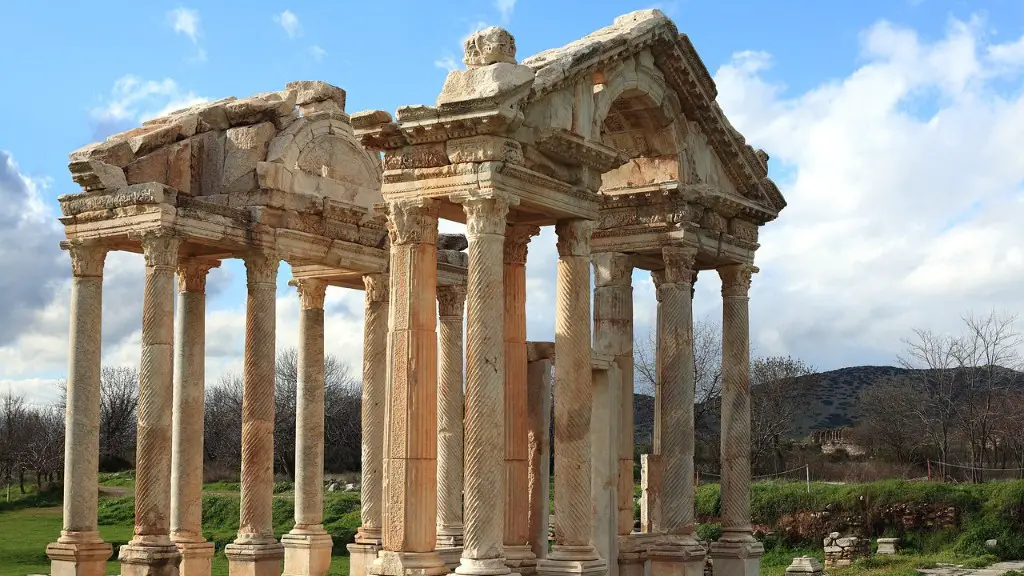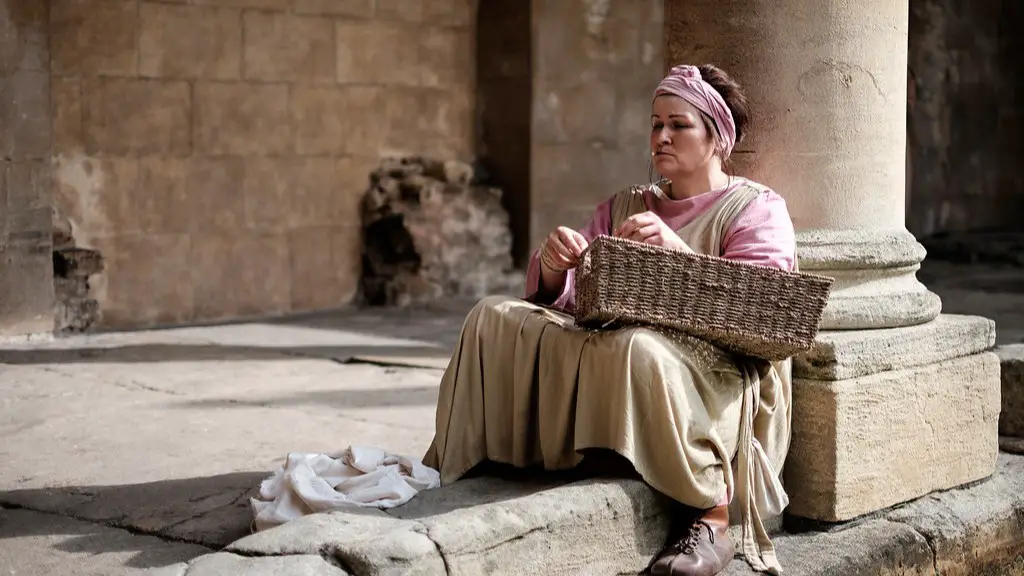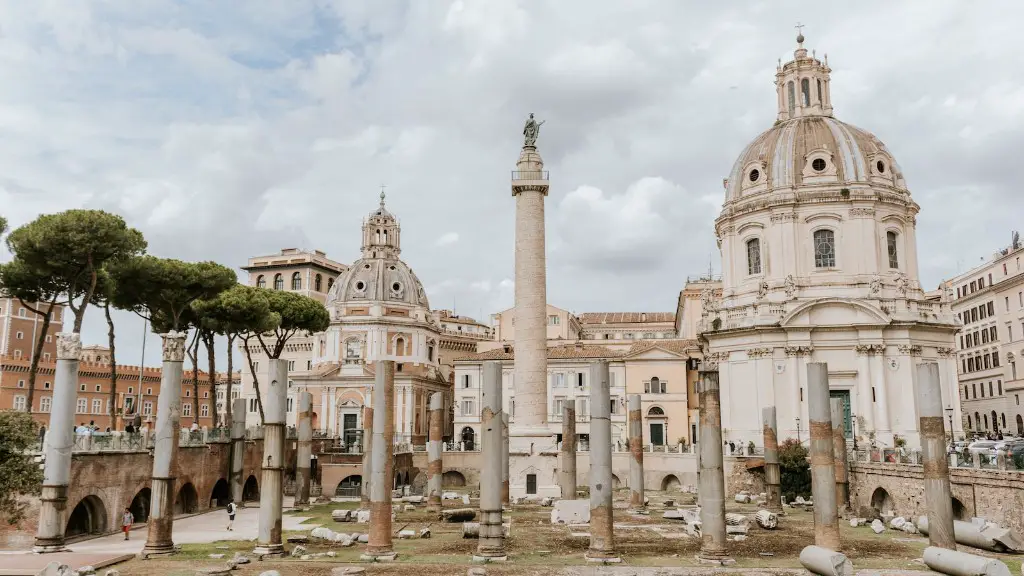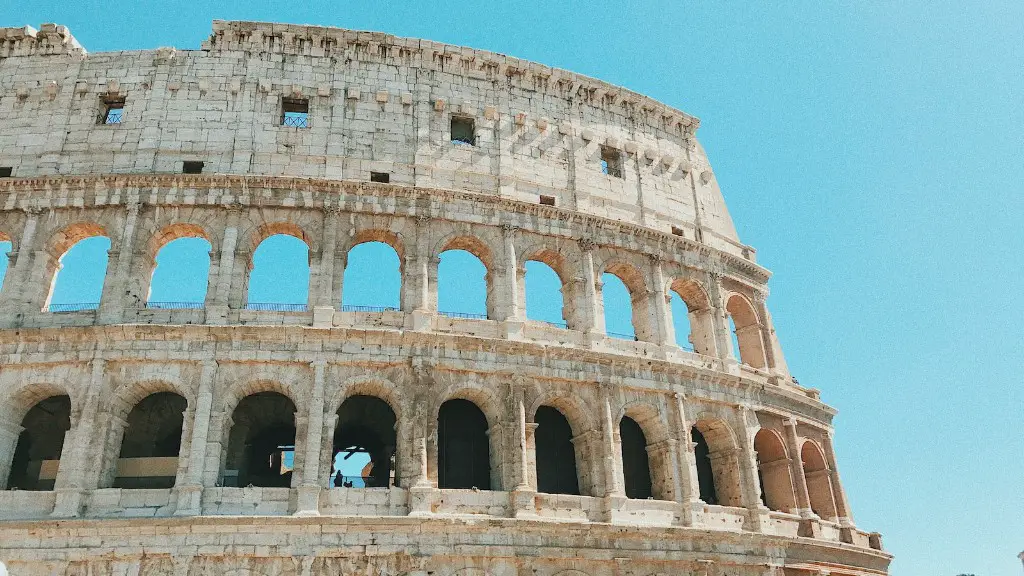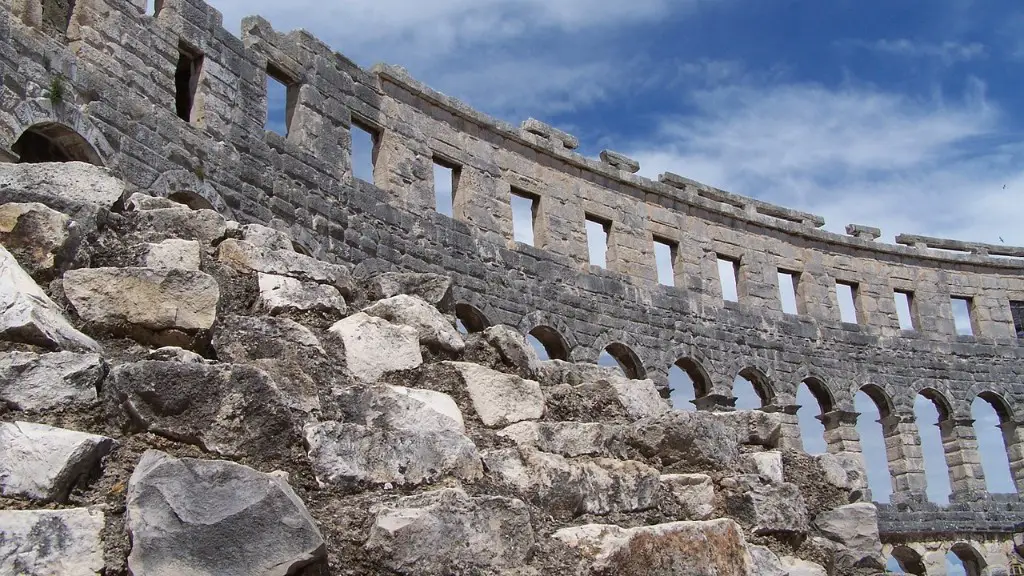In the 21st century, we are still fascinated by the legacy of Ancient Rome. The events of antiquity – the rise and fall of Rome – remain both captivating and illuminating. This fascination is reflected in our desire to study Ancient Rome – from its political, military and social history, to its art, architecture and literature.
The Egyptians, Greeks, and pre-Classical Mediterranean civilizations laid the groundwork for Ancient Rome. Rome created a lasting legacy by building upon the culture and knowledge of these earlier societies, contributing to our own rich heritage. As a result, the Ancient Roman world remains one of the most influential civilizations in all of human history.
The Romans had a remarkable ability to adapt and absorb existing systems, which laid the foundation for modern legal, political, and engineering feats. Their unwavering commitment to efficiency and standardization revolutionized the way the world communicates, travels, and builds.
The influence of the ancient Romans can also be seen in language, literature and politics. Even today, many of our modern political and social systems are based on Roman law and Roman ideas of governance. Latin was the language of the Roman Empire and its use in the Church and government institutions has had a direct impact on modern-day Romance languages such as Italian and Spanish.
In addition to its cultural contributions, the great technological accomplishments of the Romans are still admired today. Architecture, engineering, and public utilities were among the most important achievements of the Roman world. Aqueducts and public baths are among the most recognized examples from the Roman Empire, but the Romans developed other important and innovative contributions to civil engineering, such as roads, bridges, and harbors.
Furthermore, Ancient Rome contributed to the evolution of literature and drama, such as the tragedies of Seneca, the comedies of Plautus, and the epic poetry of Virgil. The influence of the Romans on literature and art is still seen today in works such as Shakespeare’s Julius Caesar and the poetry of Horace.
The Romans left an indelible mark on our world and, as long as there is a human race, their history and culture will remain significant and relevant. Studying Ancient Rome is important because it provides insight into the historical, political, and technological development of the Western world. In addition, it offers us an invaluable look at how the Roman Empire shaped our world today.
Military Power and Expansion
The military power and territorial expansion of Rome was an integral part of the rise of the Roman Empire. The Romans relied on an array of weapons, strategies, and tactics to defend and expand their territory. The Roman army pioneered advances in military engineering, such as the use of fortifications and siege warfare, and developed new forms of infantry, such as the legionnaires.
The Romans also used their military power to generate wealth by constructing a highly efficient taxation system. This system allowed the Romans to collect tributes and build roads and ports, further contributes to the growth of their mighty empire.
The citizens of Rome were also made to contribute to their military campaigns with the use of conscription. Rome relied heavily on its soldier-citizens to carry out its worldwide campaigns, and many would receive great rewards or honors for their service.
The Romans used their military might to conquer large parts of Europe, North Africa, and the Middle East. In addition, they also exhibited a strong belief in patriotism and duty, inspiring loyalty to the state and striving to be a powerful civilization.
Finally, the concept of empire and post-imperial rule is seen in the legacy of Roman law and politics. The imperial Roman government put in place a structure for governing large regions, finding solutions to legal and social challenges.
Architecture and Engineering
The architecture and engineering of the Roman world were perhaps their most remarkable accomplishments. The Romans used their engineering skills to construct vast public works projects, such as aqueducts, baths, and temples.
They also designed impressive bridges and harbors, as well as military works such as fortifications, and roads. The remarkable arch and dome exemplify the skill of the Roman architects, who also developed the use of concrete for building.
The most famous example of Roman architecture is the Colosseum, a massive amphitheater in Rome used for gladiatorial battles and public spectacles. The Colosseum exhibits the skill of Roman architects and engineers, who were able to create such a large, sophisticated structure. Similarly, the Pantheon, a now-ruined circular temple, demonstrates the Romans’ engineering abilities and creative vision.
The work of the Roman engineers and architects reached far beyond these iconic monuments. They designed vast urban spaces, imposing villas, and grandiose religious complexes, all of which demonstrate their intricate designs and grandiose vision.
The Ancient Roman world has left a lasting legacy in terms of architecture, engineering, and urbanism, and studying this legacy can provide invaluable insight into the past and the present.
Cultural Exchange and Commerce
The Roman Empire saw the rise of a vibrant and far-reaching culture, one which greatly affected the societies with which it interacted. The Romans were adept at both absorbing and adapting elements of foreign cultures, as evidenced by their adoption of the concept of religion from the Greeks, and their acquisition of trade goods, such as silk and spices, from the East.
The Romans also fostered the expansion of trade and commerce, linking the Mediterranean region to other parts of the world. Their contact with other cultures and civilizations resulted in the sharing of knowledge and ideas, which furthered the development of technology, art, and literature.
The Romans were also famous for their network of highways and roads, which were crucial for connecting the provinces of the empire. These paving stones and bridges allowed for the rapid expansion of commerce and communications throughout the empire. This trade, which included goods such as food, spices, and luxury items, furthered the development of the Roman economy.
The Roman Empire played an important role in the increasing exchange of cultural ideas, technologies, and goods, and their influence is still felt today. These exchanges shed light on how cultures and civilizations learn and develop, and their role in shaping our world.
Religion and Law
The Romans had a complex relationship with religion, from the pantheon of gods and goddesses that populated their world, to their adoption of Christianity. The Roman government gave official state recognition to the religion of the people, which meant that it played an important role in politics and society.
The Romans promoted their gods, goddesses, and rituals throughout the empire, and used their deities for political and social control. This pervasive presence of religion in their culture helped them build a cohesive, religious identity. Even as Christianity gained prominence, the Romans continued to venerate the gods and goddesses of their earlier cultures.
The Romans were also very influential in the development of law. They established the concept of civil law, which is still in use today, and established courts of justice to ensure that their laws were enforced. Roman legal code was characterized by its emphasis on clarity and consistency, principles that still shape the modern legal system.
The legacy of Ancient Rome is profound, and its influence can be seen in language, religion, law, and politics. By studying the laws and religion of Ancient Rome, we are able to gain insight into the culture and beliefs of this powerful civilization.
Impact on the Modern World
The legacy of Ancient Rome still influences our modern world. The political, military, and technological accomplishments of Rome have become part of our current systems and structures. We are still using Latin, their language, in education, literature, and the law.
The political structure of Rome gave birth to our modern parliamentary system, and Rome’s legal code served as the foundation for today’s governing principles. In addition, the wide-reaching cultural impacts of Rome’s religion, engineering and architecture are part of the framework of our own societies.
The essence of the Roman Empire was its ability to adapt, innovate and grow. Their influence still permeates our culture, and we can learn from the innovations, struggles and victories of this remarkable civilization.
It is no wonder, then, why the legacy of Ancient Rome continues to capture our imagination and fascinate us to this day. Its impact on the modern world is undeniable, and it is through the study of Ancient Rome that we gain insight into our own contemporary world.
